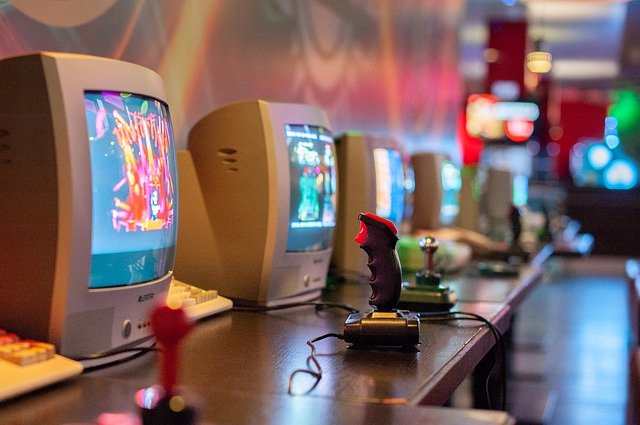Impact of Excessive Video Games and Addiction

Video games can be an enjoyable part of someone’s day when played as a healthy recreational activity. However, the games which started out as short entertainment episodes gradually evolved to immerse many children, teens, and adults with this new pastime and even addiction.
With an increasing evidence the video game addiction is now considered as a process addiction similar to compulsive gambling where the excitement of winning is the main motivations for playing.
Dangerous Effects
It is also studied that some people experience compulsions that make this apparent pastime to interfere with everyday activities and responsibilities and job performance. For teenagers in school, grades may suffer if they spend too much time playing games and neglect studying. Employment could be in jeopardy if they play games during work time. Friendships and family relationships may be affected when they spend more time with video games and less time interacting with friends and family.
Physical health may also be impacted when a person continuously uses a computer or a game console. Health issues such as carpal tunnel syndrome affects hands and wrists while headaches, back issues and eye problems are other complaints generally reported by gamers. Lack of physical activity due to the sedentary lifestyle could develop weight issues along with other related health problems. In addition, the compulsive behavior of gamers can cause emotional problems, with depression among the top issue for gamers.
A gamer may express anger or irritability more often, particularly when anyone intrudes in their gaming time. On the other hand, when they are away from their game, they are likely have feelings of anxiety and disturbed. In some instances, gaming could become so uncontrollable that they forget to bathe, eat, and sleep.
Video Game Addiction and Warning Signals
People experiencing compulsions to play video games typically exhibit warning signs. Common signs of a problem include a preoccupation with video games to the point of neglecting relationships and responsibilities. Signals to watch for include:
- Thinking about gaming all or a lot of the time.
- Needing to spend more and more time playing to feel good.
- Feeling bad when you can’t play.
- Not wanting to do other things that you used to like.
- Not being able to quit or even play less.
- Having problems at work, school, or home because of your gaming.
Need to seek help
If a compulsion to play games gets out of control and become an issue, it is important to seek to resolve these feelings. Treatment is available which includes behavioral therapy. Regular treatment can help a gamer move past the video game addiction and control the urges. Therapy helps the compulsive person refocus their time and energy on different activities including healthy hobbies.





